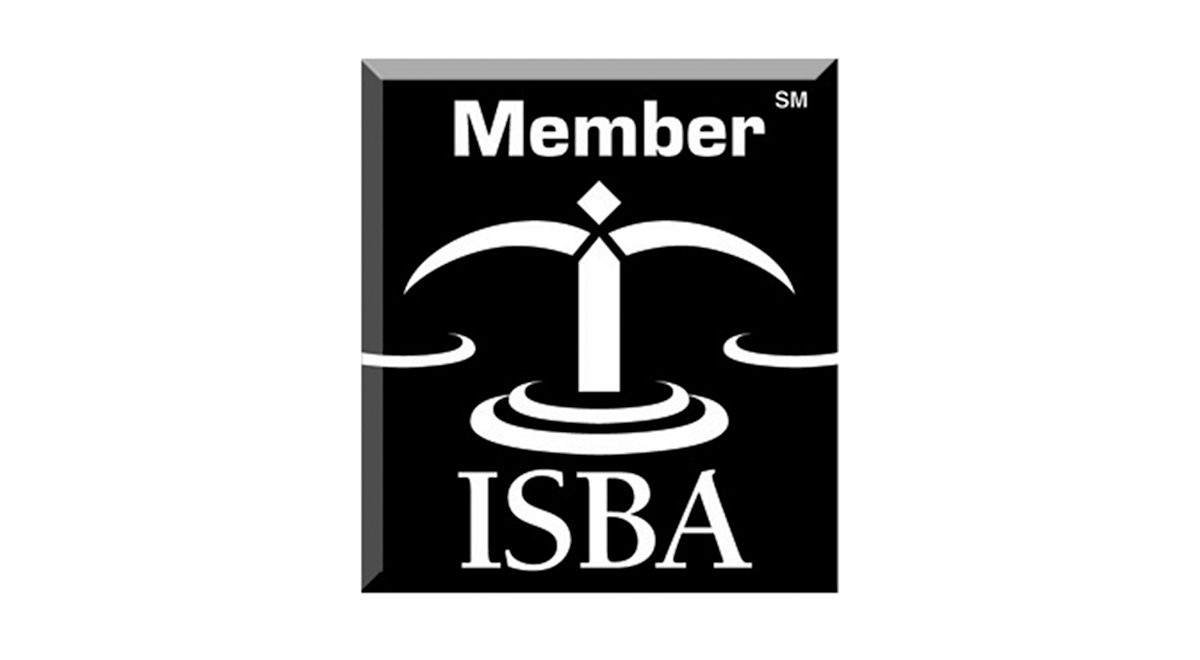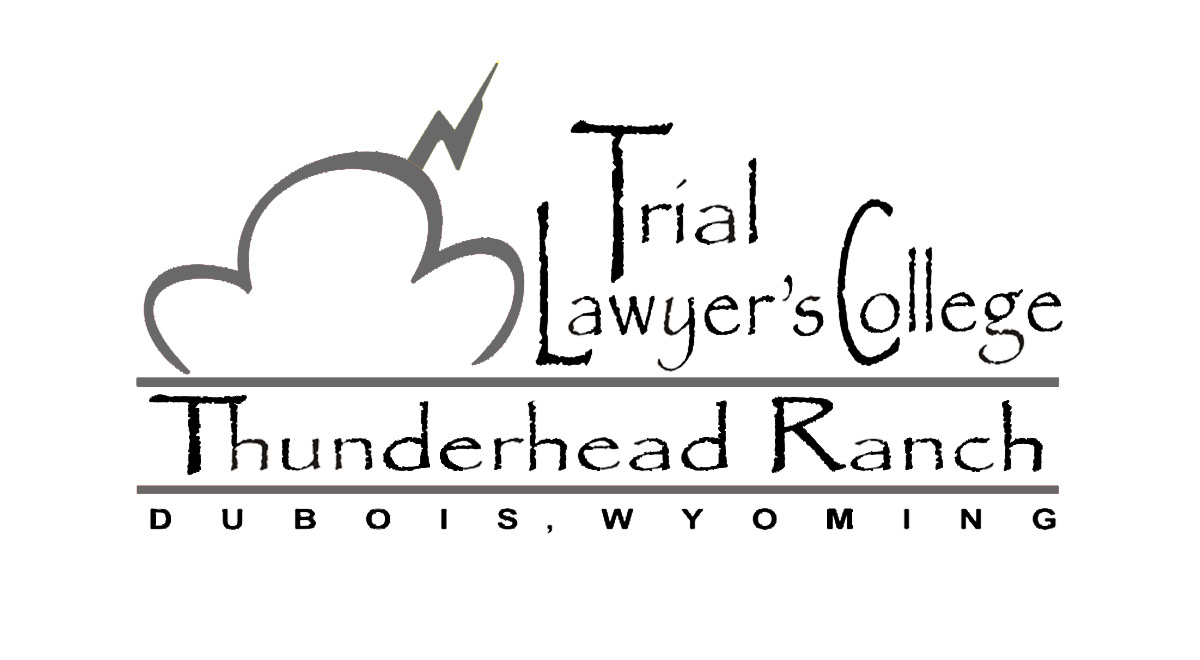May 22, 2019
Which is worth more, your kitchen table or your dog or cat? Unless you have a particularly shoddy kitchen table or a high-end purebred dog or cat, the answer may surprise you.
The long-standing rule in Indiana is that damages for the loss of a beloved pet are limited to the fair market value of the pet. This rule was recently affirmed in Liddle v. Clark, in which a woman’s dog was killed by an unmarked trap while they were visiting a state park. See Liddle v. Clark, 107 N.E.3d 478 (Ind. Ct. App. 2018). In an era where many people acquire pets for free from shelters, the fair market value of a pet may be almost nothing. Certainly, the value of a pet assigned by the courts may be a woeful fraction of the emotional investment people feel for their pets.
The rule that the loss of a pet is limited to the fair market value of the pet is even extended to cases where another party intentionally killed the pet, and is not merely limited to cases such as Liddle where a pet was killed through the negligent acts of another. Indiana courts have also routinely rejected claims for negligent infliction of emotional distress by pet owners where no physical harm to the pet owner themselves occurred, even in such grave instances as when a pet is mortally wounded right in front of its owner through the negligent actions of another. See Lachenman v. Stice, 838 N.E.2d 451 (Ind. Ct. App. 2005).
At first glance the options for recovery for a pet owner seem completely foreclosed – you can only recover the fair market value of your pet and nothing more. However, some options which have not yet been tested in the courts may permit a higher recovery depending on the specifics of the situation:
- Impact Rule
- Intentional Infliction of Emotional Distress
- Trespass
- Punitive Damages
A. Impact Rule
Under the Indiana impact rule, generally in order to collect for negligent infliction of emotional distress, the claimant must show that the damages are the result of a physical impact to the claimant. Here, if the owner was harmed in some way during the incident in which the pet was killed, the ordinary bar to recovery for negligent infliction of emotional distress may be erased and a higher recovery may be possible. For example, if the owner was bitten trying to separate their dog from an attacking dog, that physical harm may be sufficient to satisfy the Indiana impact rule.
B. Intentional Infliction of Emotional Distress
While older Indiana cases seem to suggest no recovery is possible beyond the fair market value of the pet, those cases often pre-date the adoption of intentional infliction of emotional distress (IIED) by Indiana courts. To recover for IIED, the defendant must: (1) engage in “extreme and outrageous” conduct that (2) intentionally or recklessly (3) causes (4) severe emotional distress to another. See Bradley v. Hall, 720 N.E.2d 747, 752 (Ind. Ct. App. 1999). Here, while Indiana courts have been disinclined to permit recovery in most cases, if the circumstances of a case were particularly outrageous then recovery under IIED for the loss of a pet may be possible.
C. Trespass
Trespass can factor into a potential recovery for the loss of a pet in two ways.
- First, Indiana has held that the “impact rule” for recovery of damages from emotional distress does not apply where that emotional distress was accompanied by an intentional trespass. See Cullison v. Medley, 570 N.E.2d 27 (Ind. 1991). Therefore, if a pet is harmed in a way that causes severe emotional distress to the owner and that harm is caused by a trespasser, the impact rule will not apply and the ordinarily strict limits on damages for the loss may be loosened.
- Second, damages for trespass are generally not limited to the harm that takes place to the property as that harm may be negligible by itself and courts have held that such a recovery is an insufficient protection of an owner’s property rights. As a result, damages for harm to a pet during the course of a trespass may not be limited to the market value of the pet.
D. Punitive Damages
Even if none of the above situations apply, it may still be possible to recover more than the fair market value of the lost pet by asking the court or jury to award punitive damages as well. If the loss of the pet came as the result of a contract, such as with a pet boarding facility, then Indiana courts may permit recovery of punitive damages where there is an independent tort as well, such as conversion (theft or destruction of property). Additionally, if the loss of the pet is through the malice, recklessness, or wanton behavior of another, punitive damages may also apply for malicious, reckless, or wanton conversion. See Monarch Buick Co. v. Kennedy, 209 N.E.2d 922 (Ind. Ct. App. 1965). Those punitive damages in Indiana are limited to three times the amount of compensatory damages or $50,000, whichever is greater. IC 34-51-3-4.
While the loss of a cherished pet can be a traumatic experience, plaintiffs do have options to recover for that tragedy under certain circumstances beyond the mere economic loss. Knowing the full details surrounding the circumstances of the loss may help to develop alternative theories for recovery such as those listed here.
Special thanks to Scott Seville, our summer clerk, who wrote this article.









